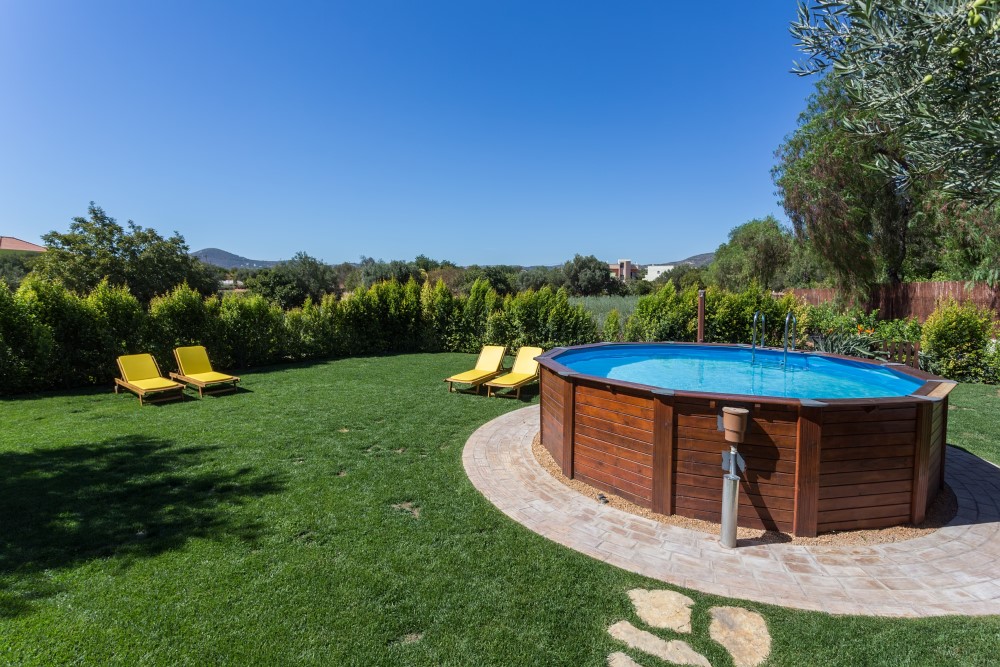Above-ground pools are ideal if you don’t have the budget and space to construct an in-ground swimming pool. They’re also more practical for people living in temporary residences, as they don’t significantly impact the landscape.
Local authorities enforce regulations to ensure pool safety. Here are the most common requirements you must adhere to before installing an above-ground swimming pool.
Location
Many communities prohibit the installation of swimming pools in front of the house. Some authorities extend this rule to the side walls. For this reason, installing an above-ground pool behind your home is best.
You cannot construct your pool above underground water, drainage, or utility lines.
Construction
Before construction, your contractor or the homeowner must request a permit from relevant local authorities. Upon acquisition, you must display the licence on your construction site. You might require a licence to install pumps, filters, and other pool accessories in some areas.
Barriers and Fencing
An above-ground pool must have barriers or fences to prevent access. Some communities consider the pool’s vertical walls to be an adequate barrier, however, others require strict fencing.
Where fencing is mandatory, the minimum height is 1.2 metres. The gaps between the pickets must not exceed 90mm, and this also applies to the space between the ground and the bottommost rail.
After fencing, you must install a self-latching gate that opens outwards. This gate must remain closed whenever the pool is idle.
Filtration
Above-ground swimming pools must contain a filtration system that circulates the water to keep the pool clean. The pump and filter must conform to standard suction regulations and have a functional drain gate.
Electrical Requirements
Water conducts electricity. For this reason, you must ensure your pool complies with the electricity wiring code to avoid serious injuries and possibly death.
Standard electricity wiring rules dictate that overhead electricity lines must be at least 6 metres above the water surface. On the other hand, telephone and cable TV wires must be at least 3 metres above the water surface.
All electrical outlets must be at least 6 metres from the pool if they don’t have ground-fault circuit interrupters. Otherwise, they can be as close as 2.4 metres to the pool.
Inspections
You may receive visitors from your local government throughout the pool’s construction. These officers will conduct inspections to ensure every project step adheres to the set rules and regulations. Steps that require evaluation include excavation, wiring, and plumbing.
Wrapping Up
When constructing a swimming pool, it’s crucial to follow the requirements set by relevant authorities. Besides saving you from potential fines and jail terms, implementing these rules improves pool safety. Remember, swimming pools can be dangerous if not monitored.
A fence can help protect kids, while proper wiring eliminates the risk of electrocution. Whatever you do, never fail to adhere to construction rules and requirements.
If you want a pool that suits your family’s needs this summer, contact us at Affordable Pools. We specialise in installing durable, stylish, and functional swimming pools at affordable prices!
Read Also:
Our Top 3 Tips For Choosing The Right Pool For Your Backyard
Keeping Your Pool Clean Without Using A Lot of Chlorine

